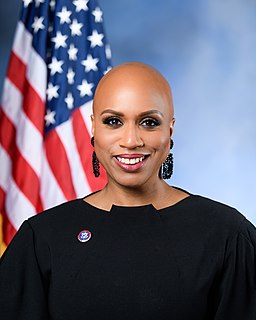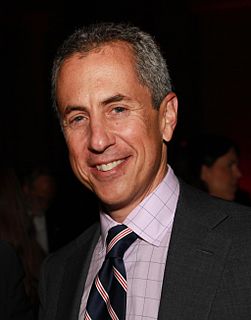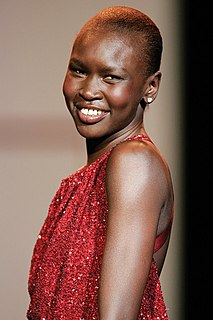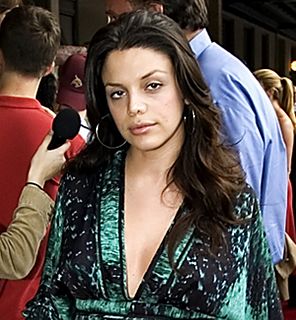A Quote by Ayanna Pressley
Neighborhood restaurants matter.
Quote Topics
Related Quotes
If you have an all-white neighborhood you don't call it a segregated neighborhood. But you call an all-black neighborhood a segregated neighborhood. And why? Because the segregated neighborhood is the one that's controlled by the ou - from the outside by others, but a separate neighborhood is a neighborhood that is independent, it's equal, it can do - it can stand on its own two feet, such as the neighborhood. It's an independent, free neighborhood, free community.
When the economy goes sour, there are three different kinds of restaurants that do well: the smaller-scale neighborhood restaurants that don't ask much of you; those that have banked enormous goodwill by offering great value during the boom; and those with proven records of excellence, a sure thing.
































